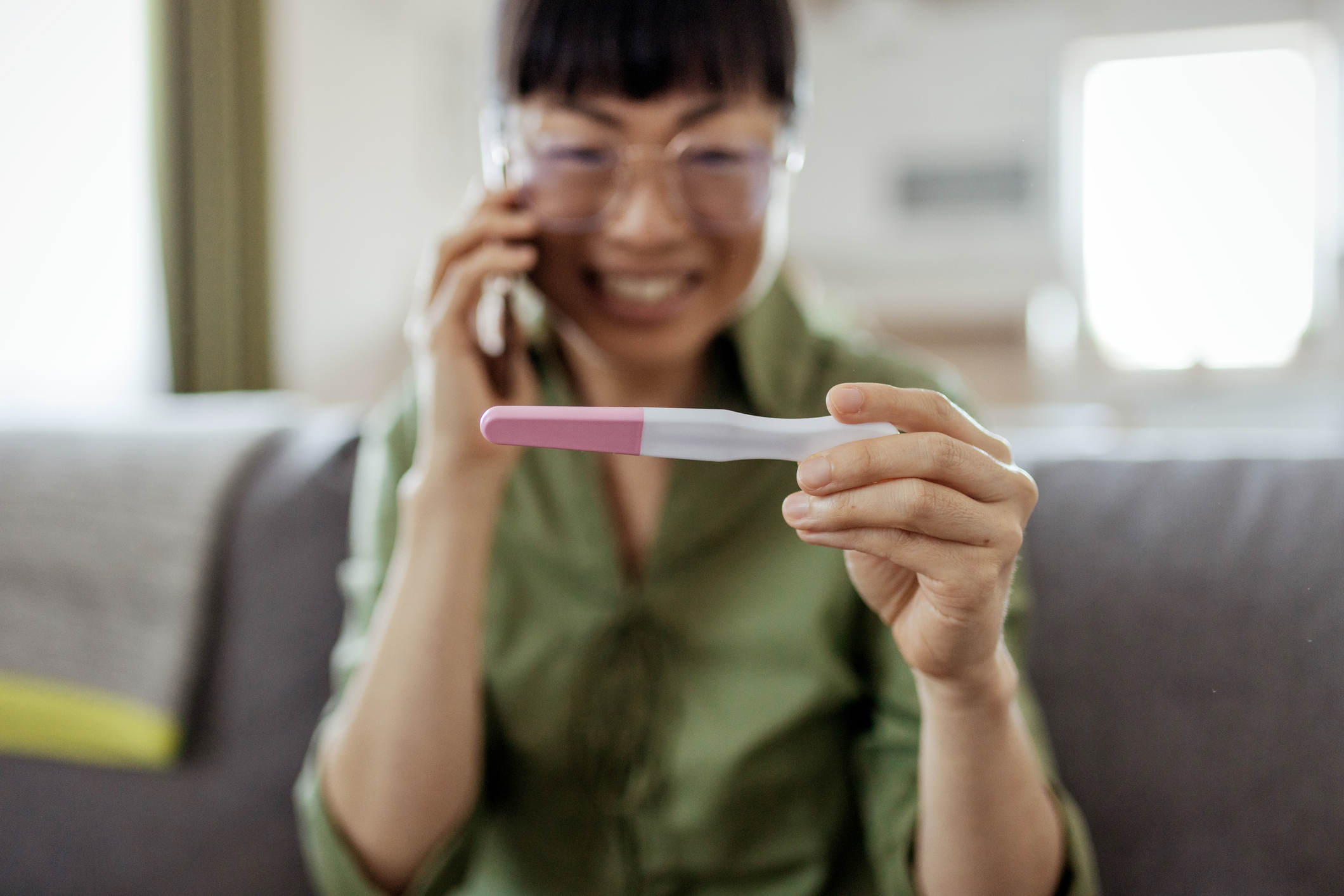

There are a lot of old wives’ tales about how to raise the odds of conception.
One claims that drinking cough syrup increases your fertility because it thins out the cervical mucus, making it easier for sperm to pass into the uterus. Another involves wearing rose quartz, a crystal thought to increase fertility and boost conception rates.
There is no evidence to support most of these claims. However, one recommendation that proved somewhat true in a study is eating a hearty breakfast.
A group of women who ate their largest meal at breakfast began to ovulate more regularly, improving their fertility. The theory is that the nutrients in the meal probably caused the effect. However, there was no breakdown of which nutrients might be responsible.
Now, a systematic review of two dozen studies has pinpointed one plant-based nutrient that could actually help aid female fertility…
The fertility benefits of resveratrol
Resveratrol is a natural polyphenol compound found in many plants, most notably grape skins. It is known for its anti-inflammatory, antiaging and antioxidant properties. It has been shown to prevent the inflammation that can lead to heart disease and other chronic conditions.
An international team of researchers reviewed 24 in vitro and in vivo studies focused on resveratrol and female reproductive health. In doing so, they found evidence suggesting resveratrol may improve the quantity and quality of egg cells known as oocytes.
There are a couple of possible explanations for that benefit…
- One is resveratrol’s antioxidant activity, which reduces oxidative stress and helps protect mitochondrial DNA from damage.
- Another is that resveratrol also activates sirtuin 1 (SIRT1), a molecule typically reduced in aged oocytes, and this activity is thought to potentially slow cell aging and extend ovarian lifespan.
The review also revealed the potential use of resveratrol in the treatment of endometriosis-related infertility and obesity-related infertility. In addition to resveratrol’s anti-inflammatory and antioxidant benefits, it inhibited pathways involved in androgen production. Too much androgen can reduce fertility.
However, it is important to note the review found mixed results regarding miscarriage and pregnancy. Out of five studies reporting on pregnancy rates, two indicated an increase, two found no difference, and one reported a decrease among those taking resveratrol. The same study that found a decline in pregnancy rates also noted an increase in miscarriage rates, though a second study found no difference.
“Our systematic review on resveratrol and female fertility is a comprehensive overview of all current research, and it highlights the compound’s potential to improve reproductive outcomes and possibly pave the way for new, less invasive treatments, using natural substances,” says Lee Smith, professor of public health at Anglia Ruskin University (ARU) in Cambridge, England and senior author of the paper.
“Therefore, there is a need for further clinical trials, involving human participants, in order to translate these promising results into practical recommendations for women looking to improve their fertility, including guidance on the safe and effective dosage of resveratrol.”
Great sources of resveratrol
Resveratrol can be found in higher amounts in specific foods, most of which might appear as part of a healthy diet. Those include:
- Grapes, especially black grapes.
- Red wine (in moderation)
- Peanuts
- Berries
- Peanuts
- Dark chocolate
- Cacao
Supplementing resveratrol is considered safe. But it’s always wise to follow the manufacturer’s recommendations when taking a supplement. At doses over 2.5 grams or more per day, side effects such as nausea, vomiting, diarrhea and liver dysfunction have been reported. During pregnancy, it’s wise to consult with your doctor about any supplement.
Resveratrol is rapidly absorbed by the body. Unfortunately, the flip side is that the body quickly metabolizes resveratrol. So whatever your favorite source may be, consider spreading them out throughout your day.
Sources:
Study shows potential of resveratrol to aid fertility — EurekAlert!
Resveratrol and Female Fertility: A Systematic Review — International Journal of Molecular Sciences
Which fertility old wives’ tales are actually true? — The Fertility and Gynaecology Academy
11 Old Wives’ Tales About Trying to Conceive That We Should Banish for Good — Yahoo!Life
Showing all foods in which the polyphenol Resveratrol is found — Phenol-Explorer

